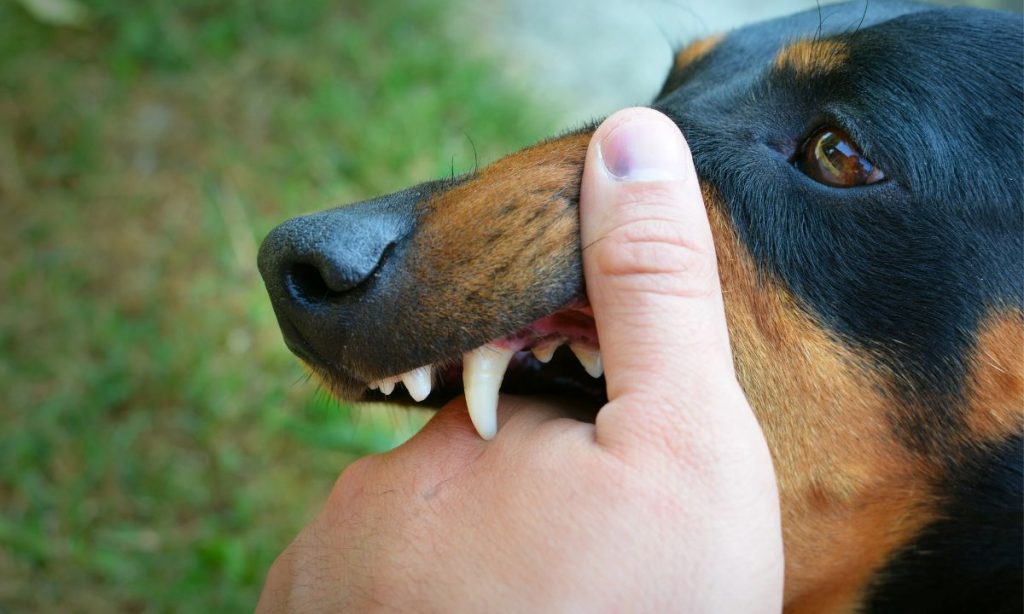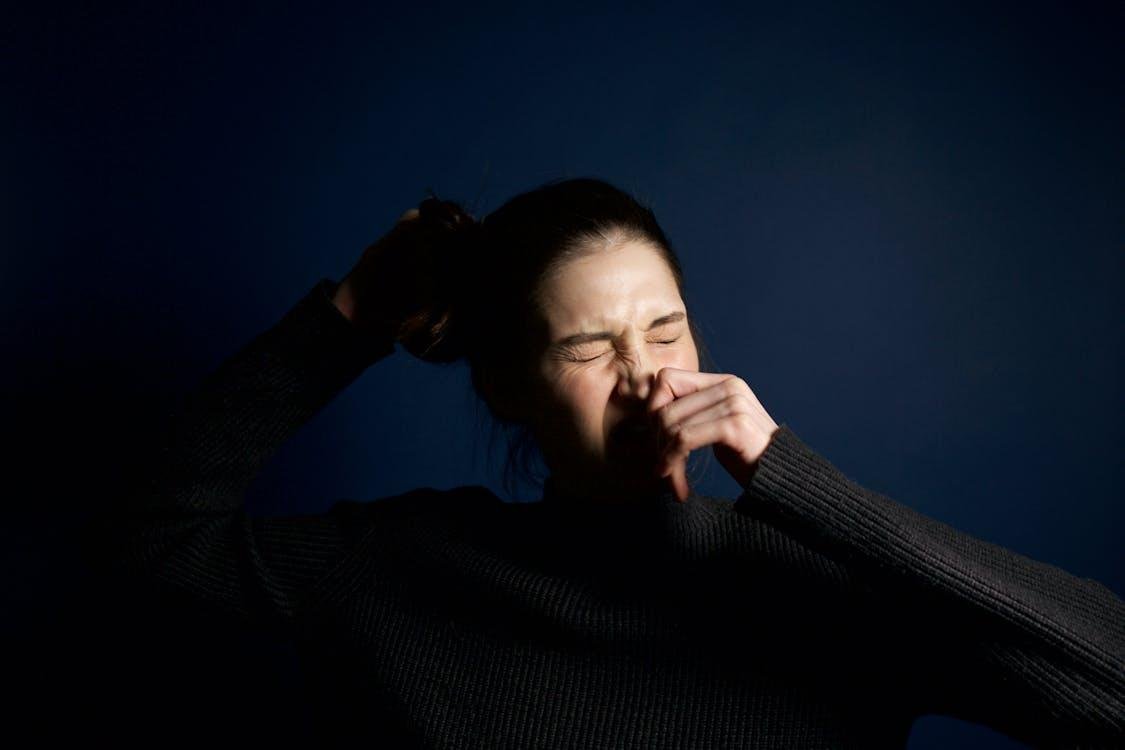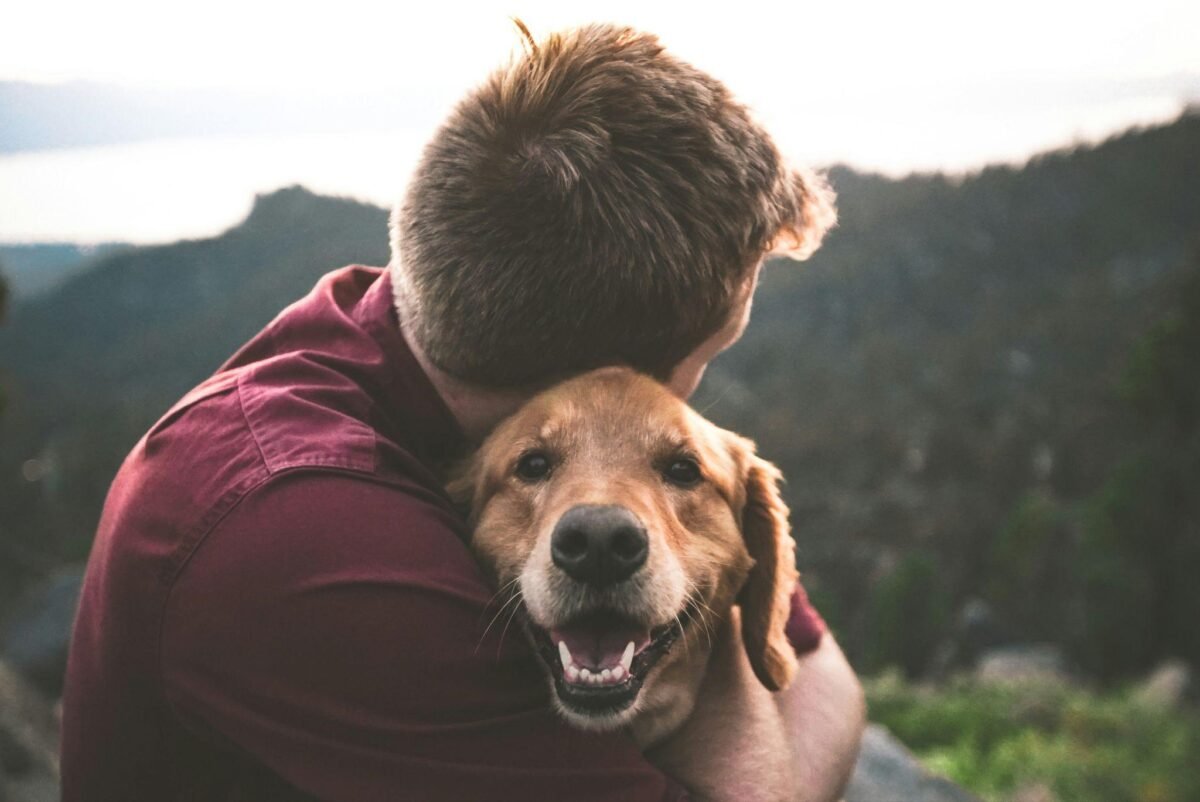Last Updated on August 7, 2023 by Dogs Vets
Uncovering the Surprising Things You Should Never Do to Your Dog
As dedicated dog owners, we want nothing but the best for our furry companions. From wagging tails to adorable barks, our four-legged friends bring immeasurable joy into our lives.
However, in our pursuit of providing love and care, there are certain actions we might unknowingly take that can have negative consequences for our beloved pets.
In this comprehensive guide, we’ll delve into the surprising things you should never do to your dog, shedding light on common misconceptions and offering invaluable insights to ensure your canine companion leads a healthy, happy life.
We all adore our dogs, but sometimes our actions, however well-intentioned, can inadvertently harm them.
Let’s explore some surprising aspects of dog care that every pet owner should be aware of to ensure the best possible life for their furry companions.
1. Neglecting Proper Socialization: A Recipe for Disaster
Socialization plays a pivotal role in a dog’s development. Failing to expose your pup to various environments, people, and other dogs during their critical socialization period can lead to fear and aggression issues down the road.
Properly introducing your dog to different situations can make them well-adjusted and friendly.
2. Dietary Disasters: What Not to Feed Your Furry Friend
While it might be tempting to share your favorite snacks with your dog, certain foods can be toxic or harmful to them.
Chocolate, grapes, onions, and xylitol (found in sugar-free gum) are just a few examples of items that should be strictly off-limits to your canine companion.
3. Punishments and Yelling: The Effects on Canine Psychology
Using punishments or yelling as a form of discipline can have lasting negative effects on your dog’s behavior and emotional well-being.
Positive reinforcement and reward-based training methods are far more effective in fostering a strong bond and desired behaviors.
4. Overlooking Regular Exercise: A Ticket to Behavioral Issues
Dogs thrive on physical activity and mental stimulation. Neglecting regular exercise can lead to obesity, anxiety, and destructive behavior.
Engaging in daily walks, playtime, and interactive toys can keep your dog happy and balanced.
5. Skipping Veterinary Visits: The Importance of Routine Check-ups
Regular visits to the veterinarian are crucial for maintaining your dog’s health. Routine check-ups can help catch potential issues early, ensuring prompt treatment and preventing more serious complications.
6. Inadequate Grooming: More Than Just a Messy Situation
Grooming isn’t just about keeping your dog looking their best; it’s essential for their comfort and well-being.
Neglecting grooming tasks like brushing, nail trimming, and ear cleaning can lead to discomfort and even health problems.
7. Using Incorrect Training Methods: Building Trust and Respect
Effective training methods are key to a well-behaved dog. Avoid outdated techniques that rely on dominance and punishment, as they can erode the trust between you and your pet.
Instead, focus on positive reinforcement to create a respectful and cooperative partnership.
8. Ignoring Dental Care: A Gateway to Serious Health Problems
Dental hygiene plays a critical role in your dog’s overall health. Ignoring oral care can lead to painful dental issues and even impact their heart and kidneys. Regular teeth brushing and dental check-ups are essential for a happy, healthy pup.
9. Leaving Your Dog in a Hot Car: A Deadly Mistake
It’s important to never leave your dog unattended in a hot car, even for a short period. The temperature inside a parked car can escalate rapidly, leading to heatstroke, organ damage, or death. Always prioritize your dog’s safety.
Conclusion
Our dogs bring boundless joy and companionship into our lives, and it’s our responsibility to provide them with the care they deserve.
By avoiding these surprising pitfalls and making informed choices, we can ensure our furry friends lead fulfilling, healthy lives by our side.
Frequently Asked Questions
Q1: Can I feed my dog any human food? While some human foods are safe for dogs, many can be harmful. It’s important to research and consult your veterinarian before sharing any table scraps.
Q2: How often should I groom my dog? A2: Grooming frequency depends on your dog’s breed and coat type. Generally, regular brushing and maintenance every few weeks are recommended.
Q3: Are punishment-based training methods effective? A3: Punishment-based methods can have negative consequences on your dog’s behavior and well-being. Positive reinforcement is a more effective and humane approach.
Q4: What signs of dental issues should I look for in my dog? A4: Bad breath, swollen gums, difficulty eating, and excessive drooling can indicate dental problems. Regular dental check-ups are essential.
Q5: How can I socialize my puppy effectively? A5: Introduce your puppy to various people, animals, and environments in a positive and controlled manner. Puppy socialization classes can also be beneficial.
Q6: Can I skip routine veterinary visits if my dog seems healthy? A6: Routine visits are important for preventive care and early detection of potential issues, even if your dog appears healthy.
Q7: Is it safe to leave my dog alone at home for extended periods? A7: While dogs can handle being alone for a certain time, extended periods without human interaction can lead to loneliness and behavioral problems. Consider a dog sitter or doggy daycare if needed.
Source References and Links:
- American Veterinary Medical Association. “Dog Bites: Resources for AVMA Members.
- The Humane Society of the United States. “Socializing Your Puppy.
- American Kennel Club. “Foods That Are Hazardous to Dogs.
- American Veterinary Dental College. “Periodontal Disease in Dogs.
Remember, providing your dog with proper care, attention, and love will lead to a rewarding and fulfilling relationship that benefits both you and your furry friend.

















